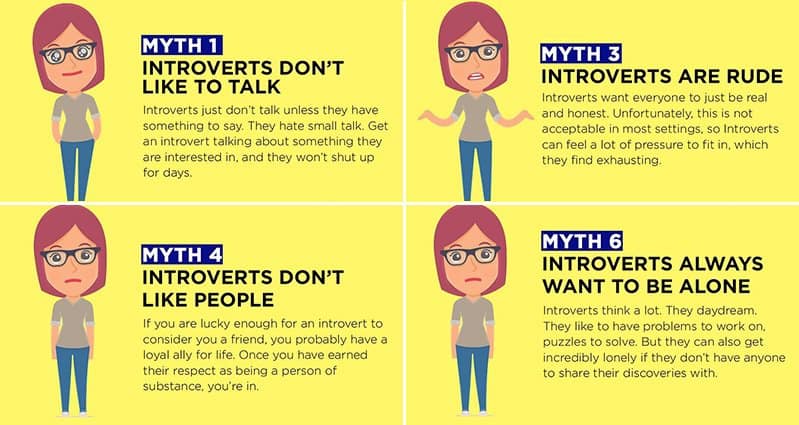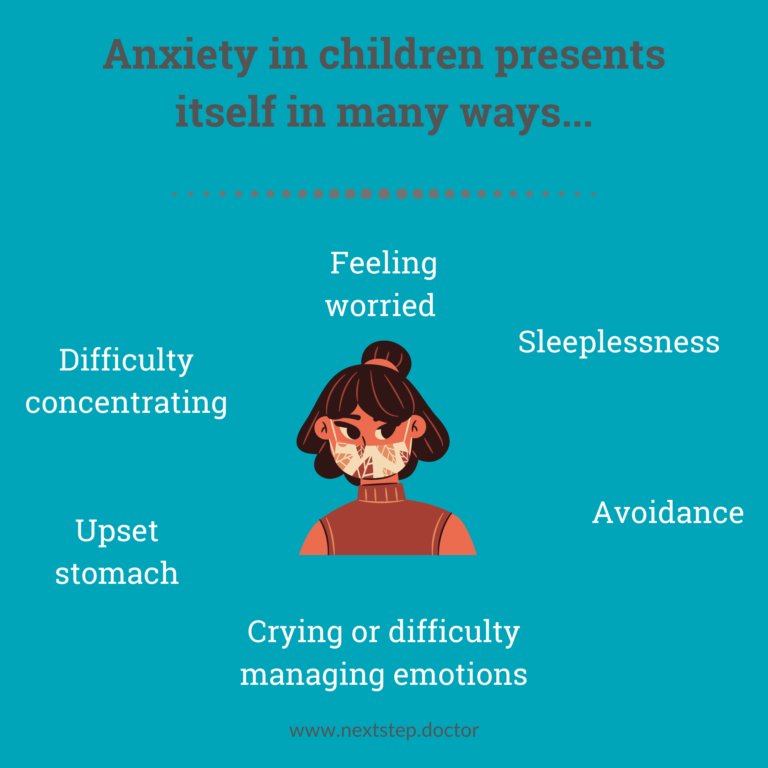What therapist do
What does a Therapist do? How to Become a Therapist for Students Adults
A therapist is a licensed medical professional that evaluates, diagnoses, and treats people with emotional and mental disorders. In treating diagnosed mental disorders and nervous disorders or other emotional issues, they apply family systems theories and psychotherapeutic techniques. It is often used as an umbrella term used for professionals that work in the psychology field. Titles may include licensed counselors, psychoanalyst, or social workers.
Watch a video to learn what a therapist does:
How to Become a Therapist
A therapist usually pursues a master’s degree or doctorate degree in psychology or social work. The curriculum in these programs includes a variety of human developmental, cognitive, emotional, and therapeutic model coursework that can be applied to client-centered treatment. All therapists are required to be licensed and in order to sit for most state’s licensure you must abide by the state’s regulations and requirements.
Many require you to complete between 2,000 and 4,000 hours of supervised clinical experience before you can even sit for your license.
Job Description of a Therapist
Therapists often confer with professionals to help analyze their client’s problems and coordinate the proper counseling service. They determine if an individual needs additional specialists or services such as psychiatry, legal aid, or medicines. Therapists help their clients cope with mental illness or possibly assist with medication management at times. They assist in behaviors that may be harmful or maladaptive using cognitive-behavioral strategies. They also teach their clients coping mechanisms, altering thinking patterns, stress management techniques, and give non-directive advice. They often times diagnosis and assess individuals for disorders or health conditions within their scope of practice.
A knowledge of psychology, therapy, counseling, philosophy, and theology is needed in this occupation. The knowledge of medicines to be applied to treatment and/or therapy would also be needed. One would require the ability to have both oral comprehension and expression in order to understand others and to be understood. You should apply inductive and deductive reasoning to the job and have solid abilities in problem sensitivity. Therapists primarily work in a private office in settings such as mental health facilities, hospitals, treatment programs, colleges, and a variety of different organizations. They usually work full-time and accommodate clients therefore may work some weekends and evenings.
The knowledge of medicines to be applied to treatment and/or therapy would also be needed. One would require the ability to have both oral comprehension and expression in order to understand others and to be understood. You should apply inductive and deductive reasoning to the job and have solid abilities in problem sensitivity. Therapists primarily work in a private office in settings such as mental health facilities, hospitals, treatment programs, colleges, and a variety of different organizations. They usually work full-time and accommodate clients therefore may work some weekends and evenings.
Therapist Career Video Transcript
Marriage and family therapy is a growing practice in the mental health field. These therapists help diagnose and treat emotional issues for individuals, couples, and families by working with relationships and observing their clients’ interactions. Clients may be individuals who struggle with their family history or current relationships. The birth of a child, divorce, death of a family member, or other life changes can often be triggers for seeking out a marriage and family therapist.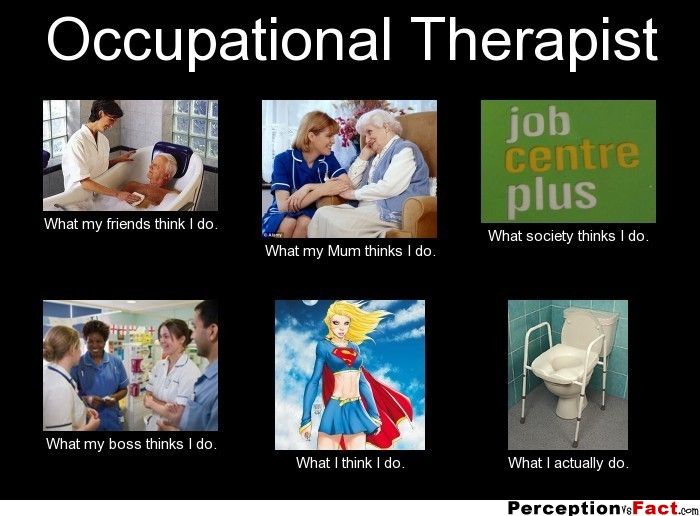
The therapist uses counseling theories and techniques, forms questions to elicit feelings and typical behavior, and develops individualized treatment plans to treat destructive behavior patterns and other personal issues. Parents and couples struggling to make their relationships work also seek out this kind of therapy. The goal is often to help them find better ways to communicate and meet one another’s needs. Through careful follow-up and lots of encouragement, therapists and their patients together gain insights and resolve problems. All therapists must have at least a master’s and often a doctoral degree. Most states license marriage and family therapists, either through state exams, or nationally through the American Association of Marriage and Family Therapy. Recognizing how fundamental the family experience is to overall health and well-being, these professionals are here to lend an ear and some constructive help.
Article Citations
Bureau of Labor Statistics, U. S. Department of Labor, Occupational Outlook Handbook, Marriage and Family Therapists.
S. Department of Labor, Occupational Outlook Handbook, Marriage and Family Therapists.
National Center for O*NET Development. 21-1013.00. O*NET OnLine.
The career video is in the public domain from the U. S. Department of Labor, Employment and Training Administration.
Going to a Therapist (for Teens)
Reviewed by: Lisa M. Buckloh, PhD
Psychology (Behavioral Health) at Nemours Children's Health
en español Consulta con un terapeuta
What Is Therapy?
Therapy is a way to get help with a mental health problem or get extra support if you are going through a tough time.
If you go to therapy, you'll have meetings with a therapist to talk and learn. You'll learn skills to cope, feel better, and get help with the problem you're having.
What Problems Do Therapists Help With?
Therapists are trained to help people with all kinds of problems. For example:
They help people who are going through tough times like:
- family problems
- school problems
- dealing with a health condition
They help people who have been through things like:
- trauma
- abuse
- bullying and peer pressure
They help people work out difficult feelings like:
- sadness, depression, or grief
- anger
- stress, anxiety, or worry
- low self-esteem
They help people with conditions like:
- ADHD
- depression
- OCD
- anxiety disorders
- eating disorders
- self-harm behaviors
- autism
- learning disorders
- sleep problems
What Happens in Therapy?
In therapy, people meet with a therapist to talk and learn ways to work out their problems.
At the beginning, the therapist asks questions about your problems. They also ask about other things in your life, such as family, school, and health. They listen to what it's like for you so they can understand you. They talk with you and with your parent — sometimes together, sometimes separately. They explain how they can help you. Together you decide on goals for your therapy.
You have more visits with your therapist to work on your goals. In therapy visits, you might:
- Talk. Therapists have people talk about their feelings. When you put your feelings into words, you learn more about yourself. When you talk through your difficult feelings, it helps you deal with them. It helps you pause instead of act on upset feelings. When you talk about your good feelings, and what's going well for you, it builds more good feelings. Therapists guide you to see how your feelings, thoughts, choices, and actions affect each other.
- Learn things.
 Therapists teach lessons about emotions, thoughts, coping skills, facing fears, and more. Parents and caregivers may learn ways to help you too. What each person learns about in therapy depends on what they need help with.
Therapists teach lessons about emotions, thoughts, coping skills, facing fears, and more. Parents and caregivers may learn ways to help you too. What each person learns about in therapy depends on what they need help with. - Practice new skills. A therapist might teach skills like mindfulness, positive self-talk, and calm breathing. In your therapy visits, you'll practice the skills you learn.
- Work out problems. Your therapist will ask how problems affect you at home and at school. You'll talk this through. You'll use the skills you're learning to work out problems.
- Find your strengths. Therapy helps you build inner strengths like courage and confidence. It helps you see how capable you are. And that helps you feel happier in your life.
How Long Do People Do Therapy?
How long therapy lasts depends on your goals. Most of the time, a therapist will want to meet with you once a week for a few months.
How Can You Help Yourself?
If you're going to a therapist, here are things you can do to get the most out of it:
- Be ready to grow. Have a positive mindset. Believe in yourself. Tell yourself, "I can" instead of, "I can't."
- Practice skills you're learning in therapy. The more you practice, the more skillful you become. The skills you learn in therapy are tools for your everyday life. With practice, these skills start to come naturally to you. They're there for you when you need them.
- Ask parents, teachers, and friends for support. Spend time with people you feel good around, and who bring out your best. Let them help and show they care.
- Work on your strengths. Spend time doing the things you are good at. This helps you build your confidence. It helps your strengths keep growing.
- Take care of your body. Get exercise every day. Eat healthy foods and drink lots of water.
 Get plenty of sleep. Take time to relax. These things boost your mood and your mental well-being.
Get plenty of sleep. Take time to relax. These things boost your mood and your mental well-being. - Take care of your mind. Practice mindful breathing to help you be calm and focused. Practice self-talk that is positive, kind, and hopeful. The more you do this, the more it helps.
Reviewed by: Lisa M. Buckloh, PhD
Date reviewed: November 2021
when to sign up and what to expect
A multidisciplinary general practitioner who diagnoses and treats a wide range of human diseases. It accepts patients over the age of 18. Everything that the therapist does refers to diseases and pathologies of the internal organs of a person. In most cases, it is the therapist who decides all issues related to conducting research and prescribing effective treatment, and, if necessary, issues a referral to a specialist doctor.
What the therapist treats
The therapist is responsible for diagnosing and treating the respiratory, digestive, excretory and circulatory systems. They turn to him not only for the most common colds - influenza, bronchitis, SARS - but also when the joints, back, stomach are worried, there is a general deterioration in well-being, and insomnia torments.
They turn to him not only for the most common colds - influenza, bronchitis, SARS - but also when the joints, back, stomach are worried, there is a general deterioration in well-being, and insomnia torments.
Often ailments are attributed to a mild cold or fatigue, but without the help of a qualified specialist it is impossible to make a correct diagnosis, and self-medication, as a rule, only aggravates the situation. You should not rely on chance, but you just need to make an appointment with an experienced doctor armed with modern diagnostic methods.
When to make an appointment with a doctor
If your health suddenly worsens, alarming symptoms appear or a disease is suspected, then you should not postpone a visit to a therapist, since many diseases go into a chronic stage, which has long-term negative consequences for health, worsens the quality life and shorten it.
Symptoms that require a visit to a therapist:
- fever;
- dry mouth;
- frequent trips to the toilet;
- drowsiness, fatigue that does not go away even after a long rest;
- pain of any severity or discomfort of the internal organs, including heaviness in the stomach, nausea, almost incessant hunger, palpitations without cause;
- marked decrease in vision, dizziness, fainting;
- memory impairment and scattered attention;
- constant insomnia and apathy.

There are a number of symptoms that indicate serious health problems. These include a sharp decrease in body weight without changing the diet, high body temperature, unbearable headache, vomiting with blood, black stools, impaired speech and paralysis of the limbs.
Pregnant women should see a physician to prevent complications during pregnancy and childbirth.
Persons with chronic diseases and a genetic predisposition to certain diseases are also advised to see a doctor regularly.
All persons over the age of 40 are advised to visit a doctor to prevent the development of chronic diseases.
What the therapist does at the appointment
At the beginning of the appointment, the doctor listens to the patient's complaints and asks about the symptoms. He is necessarily interested in past illnesses and chronic diseases. It is in the patient's best interest to provide as much detail as possible about their health. Then the specialist measures the pressure, listens to the chest and back with a phonendoscope, can measure the temperature, examine the throat, and feel the stomach.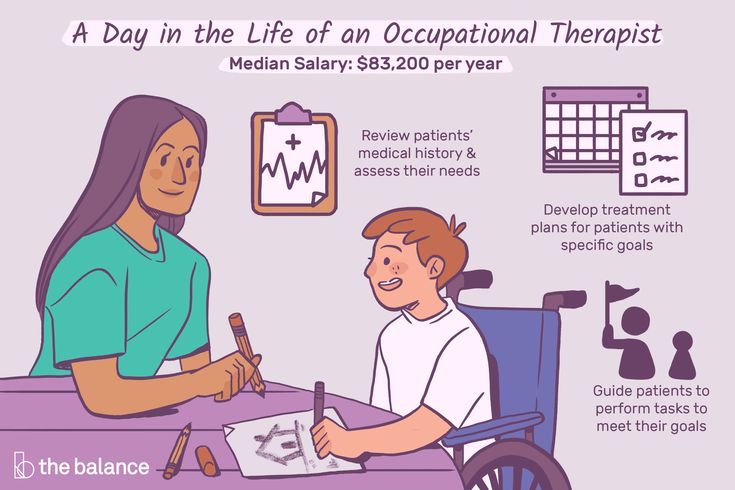
After analyzing the complaints and based on their own findings, the therapist prescribes medications and treatment procedures, writes out a referral for tests, additional examinations (ultrasound, MRI, CT, X-ray), and, if necessary, sends them to other specialized specialists - otolaryngologist, gastroenterologist, neurologist et al.
It should be taken into account that communication with the therapist is rarely limited to a single visit, since the doctor must “guide the patient”, that is, monitor the course of treatment. If necessary, he makes amendments, prescribes additional diagnostic methods, and coordinates interaction with doctors of other specializations.
Article published : 02/02/2017
Last updated : 21/04/2019
See also
Traumatologist: what are the duties, how is the appointment
Many people mistakenly believe that the traumatologist is engaged exclusively in the application of plaster, but the area of his activity is much wider. This doctor helps relieve...
This doctor helps relieve...
What you need to know about calling a doctor to your home
The main reason for calling a doctor home is a situation where the patient is not able to walk to the clinic on his own or represents a potential threat ...
Advantages and disadvantages of paid pregnancy management
During pregnancy, a woman has to radically reconsider her attitude to nutrition, lifestyle, and medical care. It is impossible to disparage...
Do you want us to call you back?
Leave a request and we will answer all your questions in detail!
Name
Phone *
Licenses
Medicom LLC
(Drummer Avenue)
Medicom LLC
(Vyborgskoye Highway)
Medi Len LLC
(Marshal Zakharov St.)
Medi Prof LLC
(Dunaisky Prospekt)
Medi Prof LLC
(Malaya St.) Balkan)
Go to the section of licenses Go to the section of legal information
Therapist - what kind of specialist is this and in what cases should you contact him?
A therapist is a generalist in the medical field who knows about all the diseases of an adult.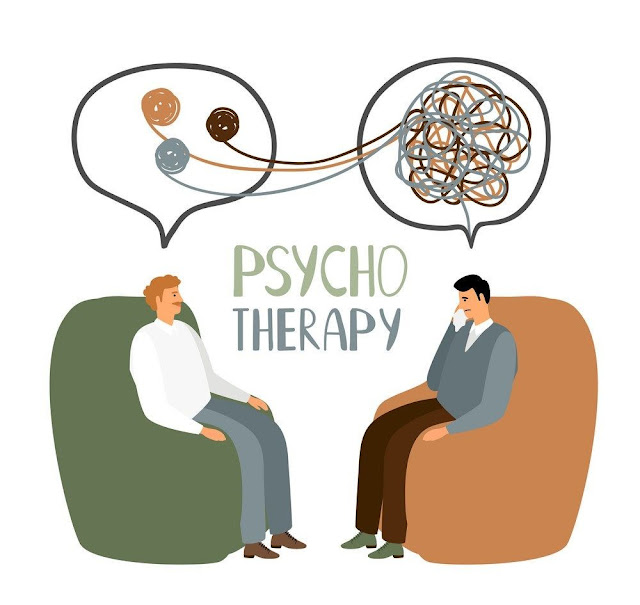 The therapist is the doctor to whom they go for advice before turning to a narrow specialist.
The therapist is the doctor to whom they go for advice before turning to a narrow specialist.
What tasks does the therapist perform?
To understand why a therapist is needed, it should be mentioned that therapy is the basis of all medicine, as it considers the human body as a whole, without dividing it into separate fragments. Of course, narrow-profile specialists understand better in their profile. But in order to understand that the patient needs to see a surgeon, you must first get advice and referral from a therapist.
Medicine assigns the most important role to the therapist. Therefore, the therapist must have knowledge in all areas. He must be able to think logically and make intuitive, obviously correct decisions.
What diseases does
therapist treat?
The list of illnesses that the therapist helps to cure includes:
1. Acute respiratory diseases (colds).
2. Diseases caused by viruses and bacteria.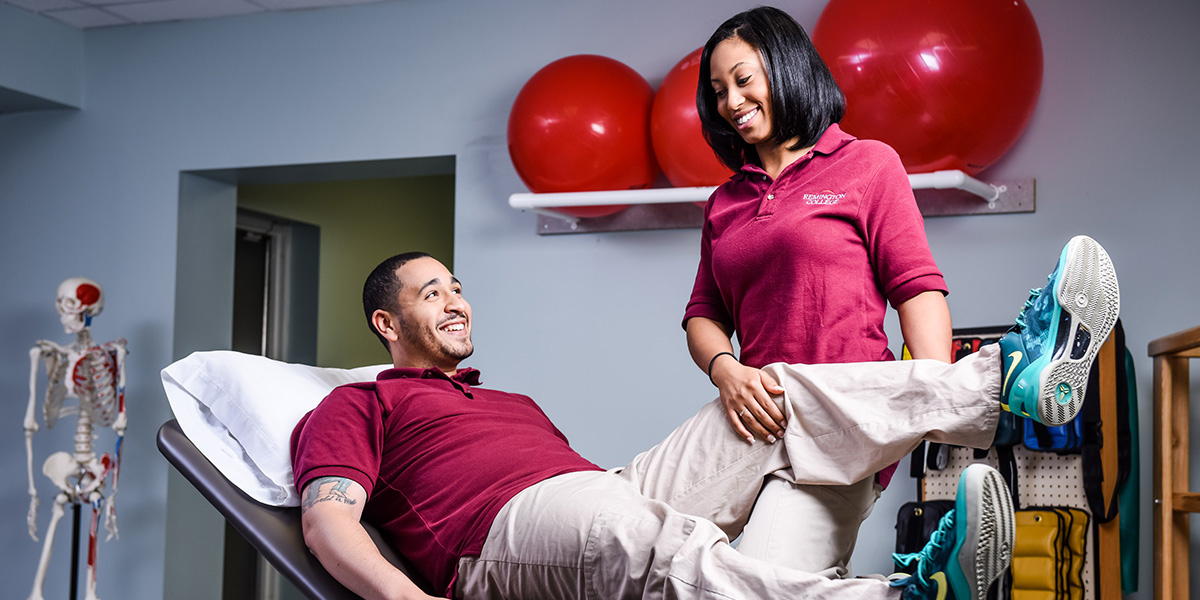
3. Diseases of the heart and blood vessels (vegetovascular dystonia, hypertension of varying degrees, ischemic disease, arterial hypertension). The therapist has many tasks. For example, according to medical requirements, this specialist is engaged in the treatment of hypertension during the first 3 months. If classical methods of treatment do not lead to positive dynamics, then the patient is referred to a cardiologist.
4. Diseases of the gastrointestinal tract, liver, pancreas, gallbladder and other ailments that have just been identified and require urgent prescription of a specific treatment by a doctor.
5. Diseases of the respiratory tract that have just been identified.
6. Diseases affecting the thyroid gland, genitourinary system and ENT organs. In this case, the doctor performs an initial examination of the patient, prescribes tests and studies, after which he can independently carry out treatment.
It is up to the therapist to be able to distinguish acute appendicitis from another acute emergency. A specialist in this profile should also be able to distinguish fracture from dislocation and accurately diagnose renal colic. This doctor must be able to carry out first aid. It is also he who is obliged to issue a referral for inpatient treatment.
A specialist in this profile should also be able to distinguish fracture from dislocation and accurately diagnose renal colic. This doctor must be able to carry out first aid. It is also he who is obliged to issue a referral for inpatient treatment.
An important place in medicine is occupied by therapists who treat patients with non-traditional methods of treatment. Therefore, we will briefly discuss osteopathic therapists, reflexologists and chiropractors.
What is the specificity of their knowledge and what is the treatment approach of these doctors?
All three professions have common features:
1. Doctors treat patients with their hands. In this case, the main effect occurs not through massage, but through point pressure on certain zones.
2. Doctors of these profiles were trained in higher medical institutions. This factor is mandatory, since the doctor must know the structure of the human body well so that the physical impact does not cause negative consequences.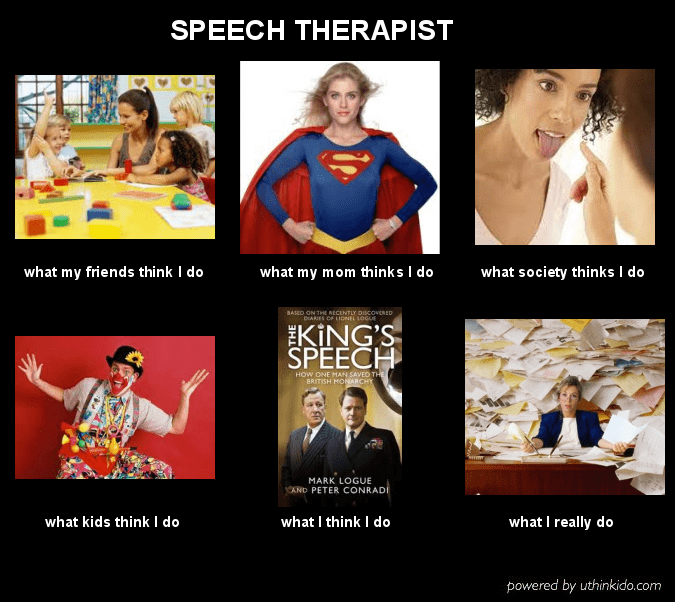
3. Before treatment, a doctor in each of the above areas conducts a diagnosis. To do this, the doctor may need the results of blood tests, urine, stool, x-rays, ultrasound or MRI.
Those
therapist osteopath - who is this?
This specialist knows how to painlessly affect different parts of the body in order to eliminate signs of illness. These specialists consider the state of the body holistically, without highlighting organs and systems. For this reason, the osteopathic therapist conducts a comprehensive diagnosis before treatment.
Chiropractor – who is this specialist?
This professional has a different treatment plan. His actions may cause the patient a little discomfort, but the client will feel the effect of the session immediately. The main impact of the manual operator is directed to the musculoskeletal system.
What does a reflexologist treat and how does he do it?
The reflexologist's main instrument of influence is not only the hands.



